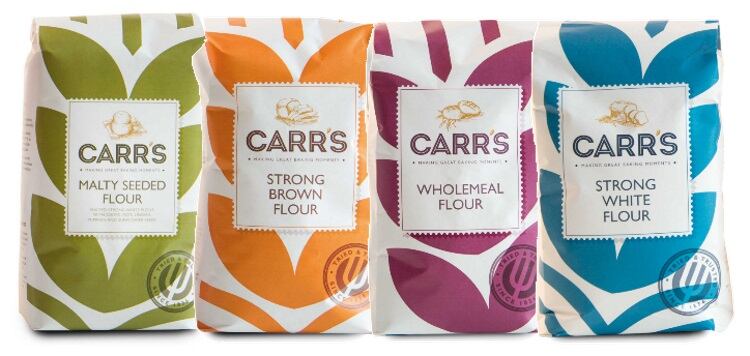Carr’s sources wheat from local farmers wherever possible. At its Maldon, Essex, mill, for example, typically 70% of the wheat comes from within a 30 mile radius.
According to the miller, this commitment to neighbouring farmers helps to keep food miles to a minimum and supports the local community.
Its mills in Fife and Cumbria are close to the Kirkcaldy and Silloth ports to receive deliveries by boat, again reducing food miles. Approximately 50% of the wheat delivered to its Silloth mill comes in this way, while the quantity is increased to around 70% at its Kirkcaldy facility.
A single ship can deliver up to 3,500 tonnes of wheat to Silloth – saving 240 lorry journeys on the road. This method of transportation has a massive environmental benefit, significantly reducing road traffic and air pollution.
Carr’s has additionally committed to using renewable fuel sources and incorporating energy efficiency technology, such as variable speed drives on all main motors. Its fleet include vehicles with the eco-friendly Euro 6 engines, the cleanest engine in the market, and it is currently trialling electric vehicles for deliveries.
In terms of waste, the miller reports that less than 0.08% of its production ends up in landfill.
The co-product produced through milling – bran – is added into wholemeal and brown flours, as inclusions into breakfast cereals or repurposed as food-grade bran. The remainder is turned into animal feed to minimise waste.
Carr’s’ flour is packed in paper bags and paper sacks – produced in the UK – that are made from paper sourced from renewable forests and can be recycled. Bagged deliveries are made on reusable wooden pallets and large deliveries of flour for trade are delivered by Carr’s’ bulk tankers, where no packaging is required.



